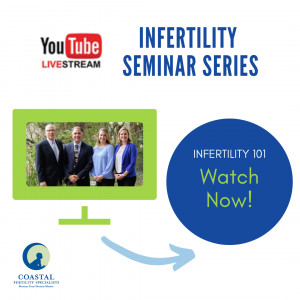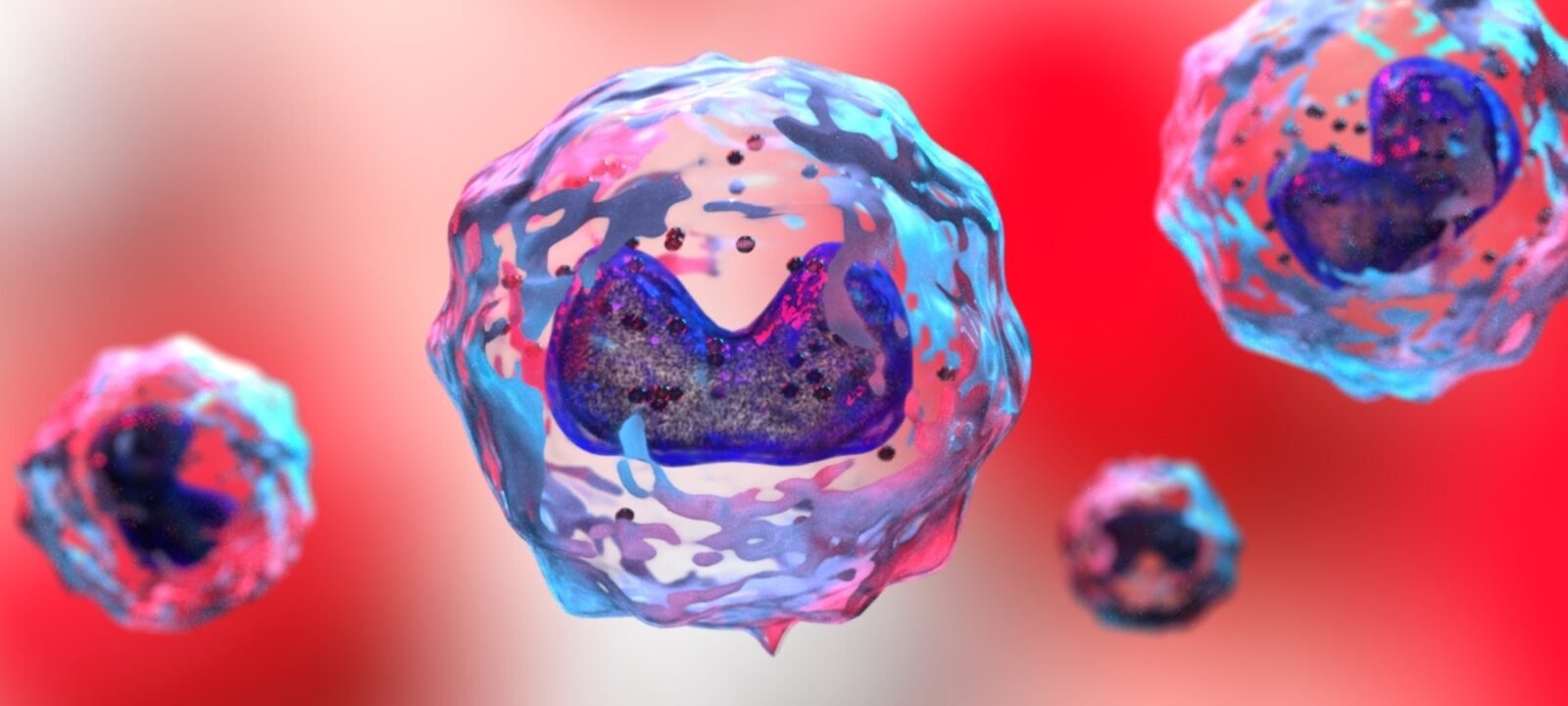By: Dr. Heather Cook
It is becoming increasingly common that patients come to our office asking for immunotherapy to assist in their reproductive struggles. These patients have usually experienced multiple failed treatments, generally with recurrent implantation failure of embryos in IVF or with recurrent pregnancy loss. Due to the limitations of testing in these areas, patients usually have no identifiable cause of their failed embryo transfers or pregnancy losses despite all available testing being performed. As patients then start to search the Internet, they come upon “novel” immunological treatments including such things as Intralipid infusions and IVIG infusions. Because we are generally out of evidence-based recommendations by this point, it brings up the question whether we should be offering these novel approaches to our patients and what the literature tells us about these treatments.
We know that the implantation of a foreign embryo into a maternal uterus is a very complex immunologic process involving down-regulation of the mother’s immune system. This is an extremely complex process involving numerous types of immune cells, the most commonly studied being natural killer cells and T regulatory cells. Our knowledge of this process is extremely superficial at this point and recent studies have shown a completely different natural killer cell population in the uterine environment compared to the periphery and have also shown that certain immune cells, specifically natural killer and T regulatory cells, are critical to allow a normal implantation process.
Because our knowledge of the actual immune process at the time of implantation is limited, there are no true tests to evaluate patients that may have immunologic issues. Therefore it is nearly impossible to specify which patients may benefit from immunologic treatment and which treatment options to recommend. The most commonly suggested treatments at this point are low molecular weight heparin, corticosteroids, intralipids, and IVIG infusions. Unfortunately, the majority of current research does not show improvements with any of these treatments and the existing recommendations from multiple international societies do not recommend treatment with immunological therapies for reproductive purposes. Although some treatments such as aspirin or low molecular weight heparin are relatively safe and inexpensive, other treatments such as Intralipid infusion and IVIG do have potential risks associated with them and can be very expensive (up to $6000 of additional expense per IVF cycle). Additionally, IVIG is a blood product and as medical providers, we do need to be cognizant that this is a finite resource.
Hopefully as time progresses, we will learn more about the immunologic processes involved in reproductive medicine and will identify more specific immunologic testing and treatment options. It is highly plausible that some reproductive issues do derive from immunologic dysfunction however, at this time, it seems unwise to treat patients with unproven and potentially harmful therapies.
If you are a patient and have questions about immunotherapy and your infertility struggles, please make an appointment to see one of our experienced physicians by calling 843-883-5800 or filling out our online appointment form.
Related Posts

March 19, 2020
Why Your Fertility is Safe in Our Hands

May 19, 2020
Vitamin D Deficiency and PCOS

September 23, 2020
How to Manage PCOS

January 25, 2021
Infertility 101: All Your Questions Answered

February 19, 2021
Coastal Fertility Specialists Opens a State-of-the-Art Office in Nexton



